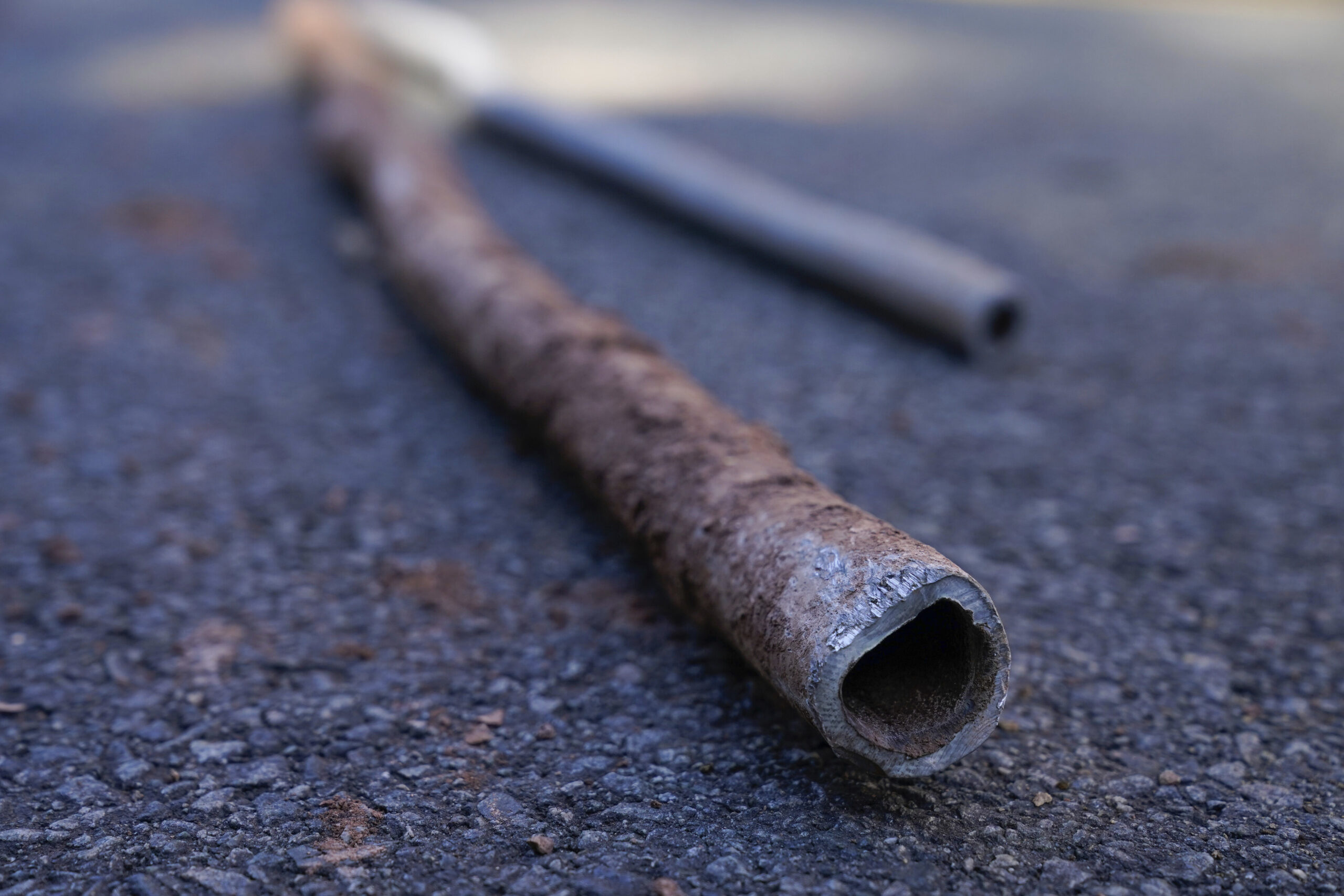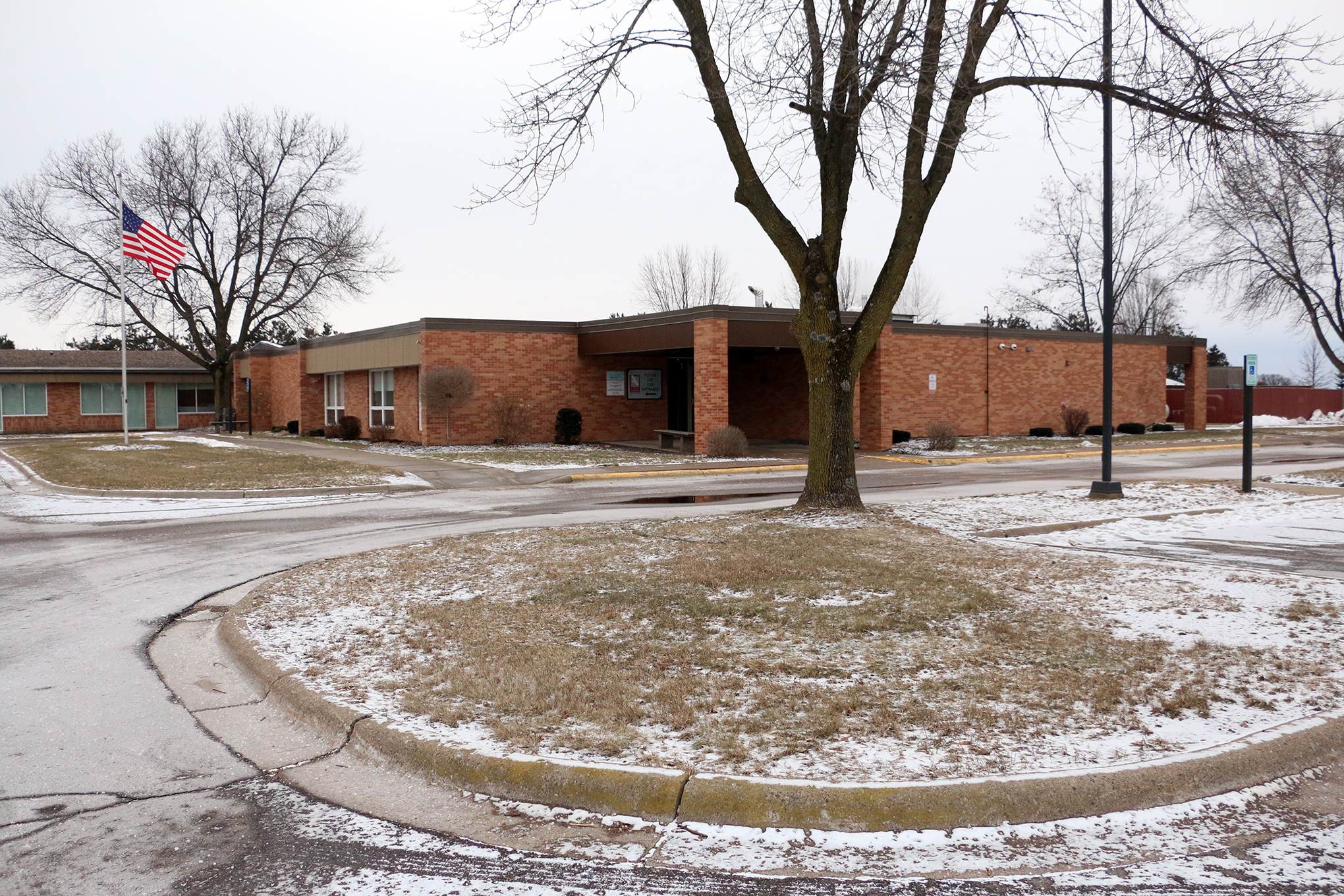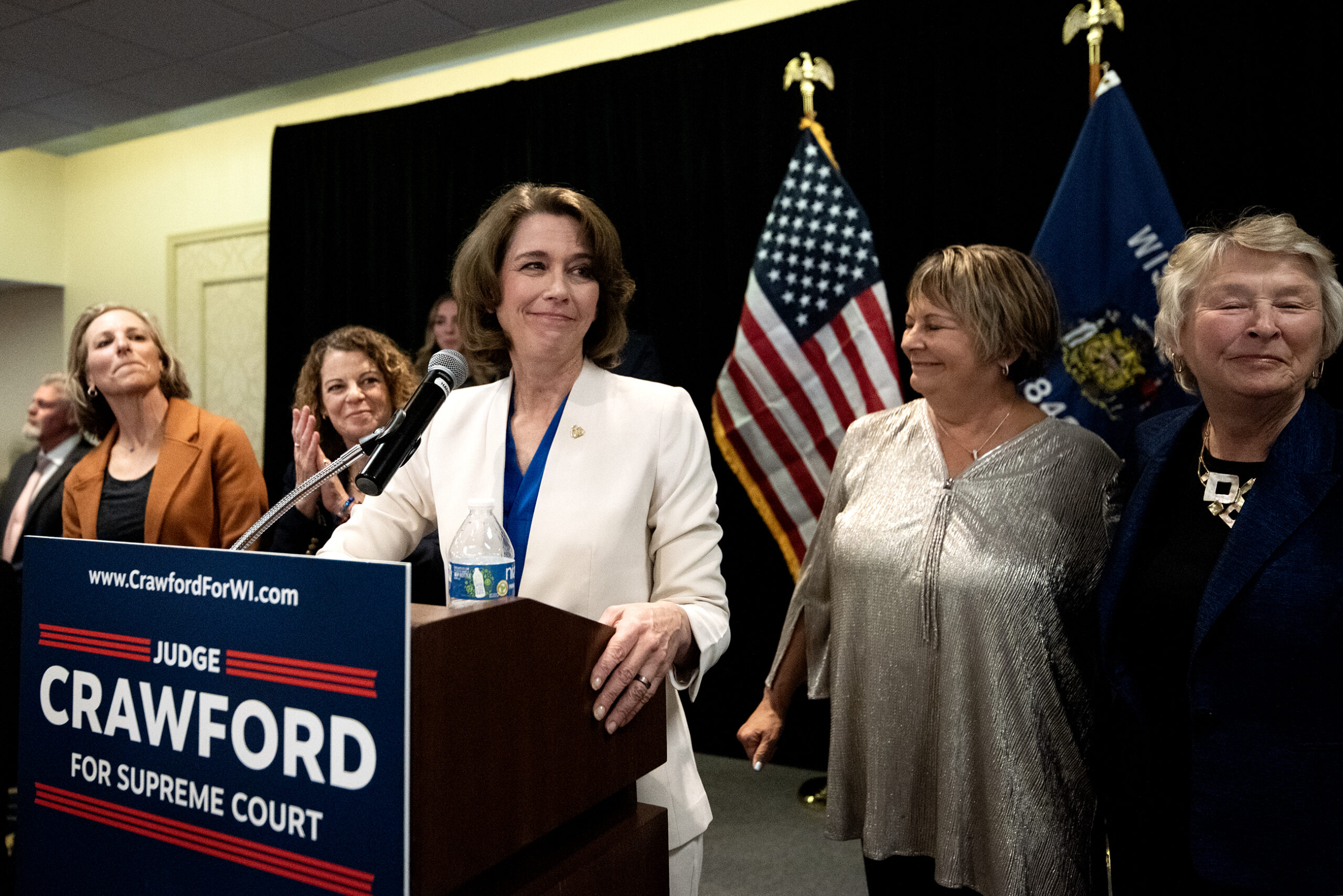Four candidates are vying for the seat being vacated by outgoing interim Mayor Bruce Hagen in Superior, and they all agree that drug abuse is taxing northern Wisconsin. The candidates talked about options to treat addiction in a debate hosted by Wisconsin Public Radio on Monday evening.
Superior City Councilor Mike Herrick said, if elected as the next mayor, he would work with the state to curb drug abuse.
“One of the things we can do is have a health care treatment facility here in Douglas County,” Herrick said. “The closest place in Wisconsin is the Eau Claire region.”
News with a little more humanity
WPR’s “Wisconsin Today” newsletter keeps you connected to the state you love without feeling overwhelmed. No paywall. No agenda. No corporate filter.
Superior City Councilor Brent Fennessey agreed a treatment center is needed, adding law enforcement can’t arrest their way out of the problem.
“We’ve seen a lot of property crime because of that … Although it may be not impacting you and I directly, it’s impacting us,” Fennessey said. “It’s impacting our police force. It’s straining our police force, and we simply need more help.”
Superior Planning Commissioner Kalee Hermanson agreed the city should work with state lawmakers to bring a treatment center to the area for people addicted to heroin.
“But, on top of that, we need counseling resources,” she said. “One of the most important things is engaging in our community again. Having a family-friendly community is going to build us back together where we can start looking out for each other.”
Douglas County Board Vice Chairman Jim Paine said a treatment center is “simply not enough.” He said the state needs to address underlying issues that impact the availability of services.
“And the reason we don’t have more treatment centers in this community is because we have a much lower Medicaid reimbursement rate on the Wisconsin side of the bridge,” he said.
The primary election is Tuesday, Feb. 21. The two candidates who receive the most votes will face off in the April general election.
Candidates discussed a variety of issues, including economic development, housing, and more. Wisconsin Public Radio broadcast the debate live, and the program will be air again on Monday, Feb. 20, at 7 p.m. The debate can also be heard online.
Wisconsin Public Radio, © Copyright 2026, Board of Regents of the University of Wisconsin System and Wisconsin Educational Communications Board.





